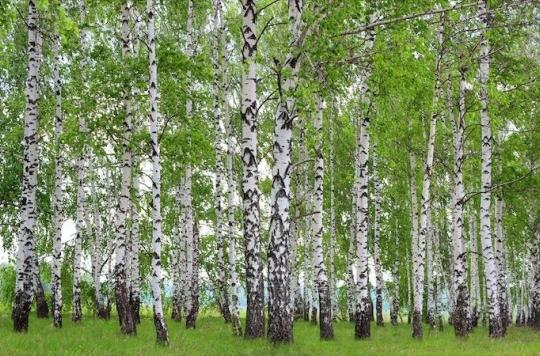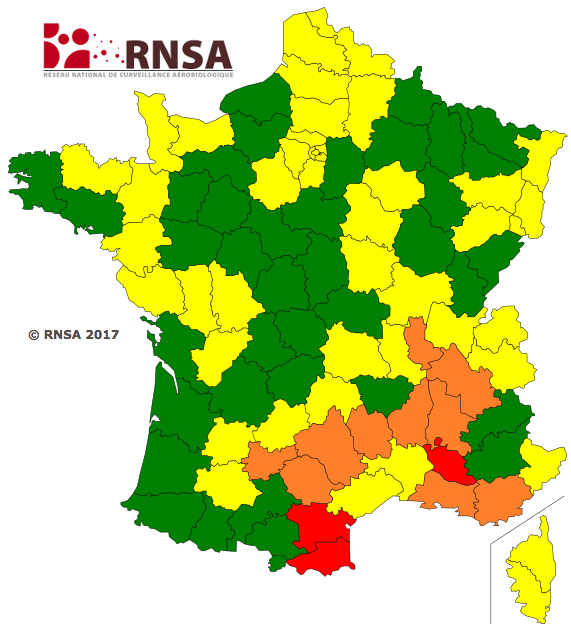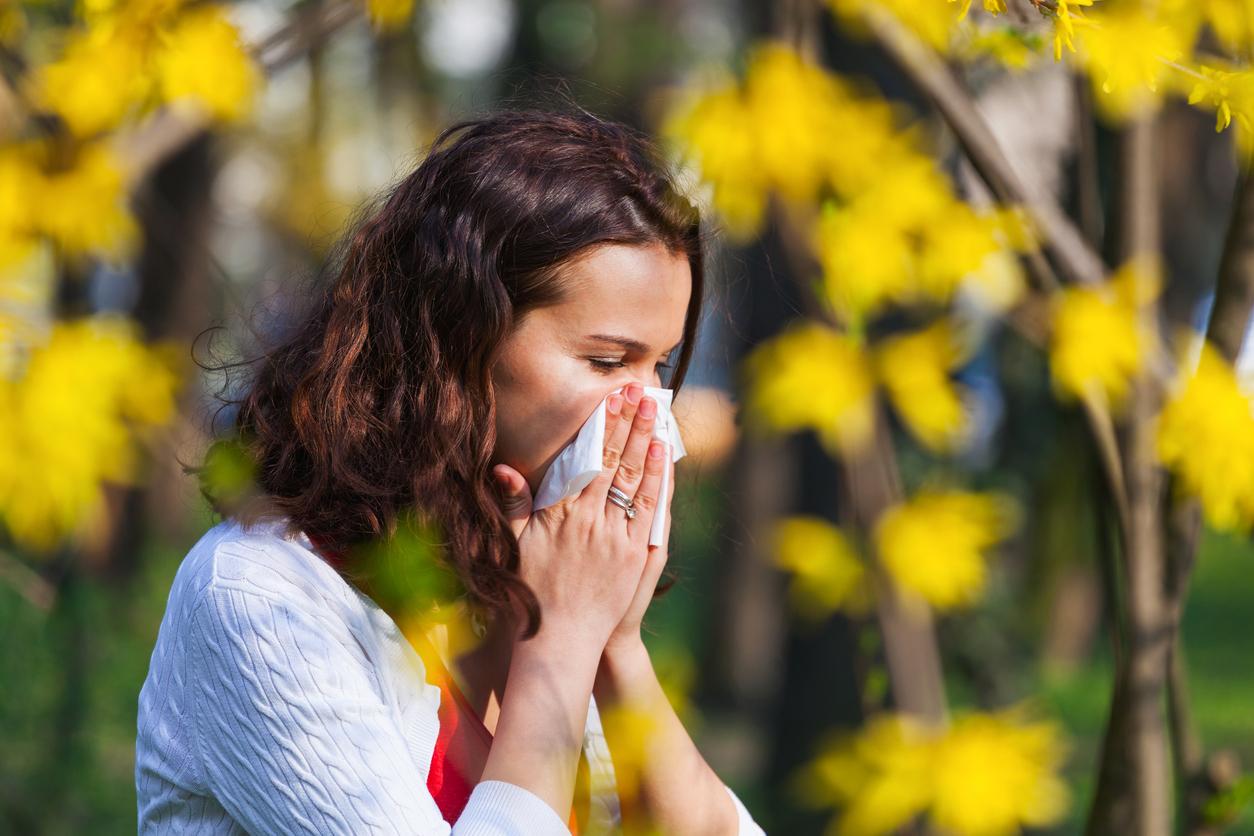In a large northern half, birch pollens will be more and more present as the sun sets. They may bring the risk of allergy to a high level in places.

For the days to come, France will be split in two, summarizes the latest bulletin from the National Aerobiological Surveillance Network (RNSA). In a large northern half, birch pollens will be more and more present as the sun sets. They will be able to raise the risk to an average level, or even locally high.
In the southern half, on the other hand, birch pollens will be less active, but cypress pollens will still prevail around the Mediterranean for a few days, accompanied by plane tree pollens.
Grasses are also coming
Finally, another threat is looming on the horizon for allergy sufferers. “Grass pollens are spreading little by little throughout France,” notes the RNSA. “But the associated allergy risk is especially present in the West and the South,” he explains.


.

















